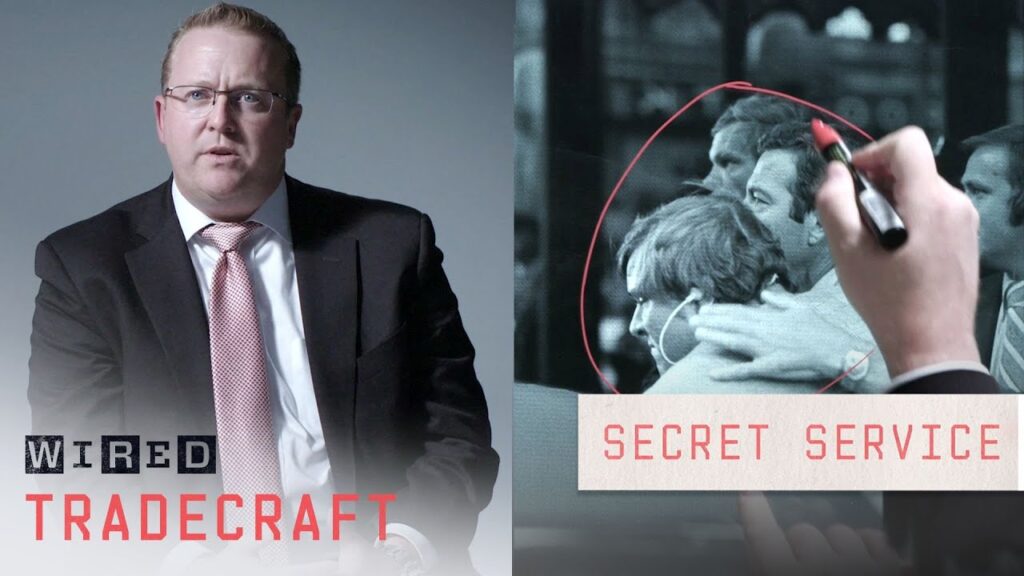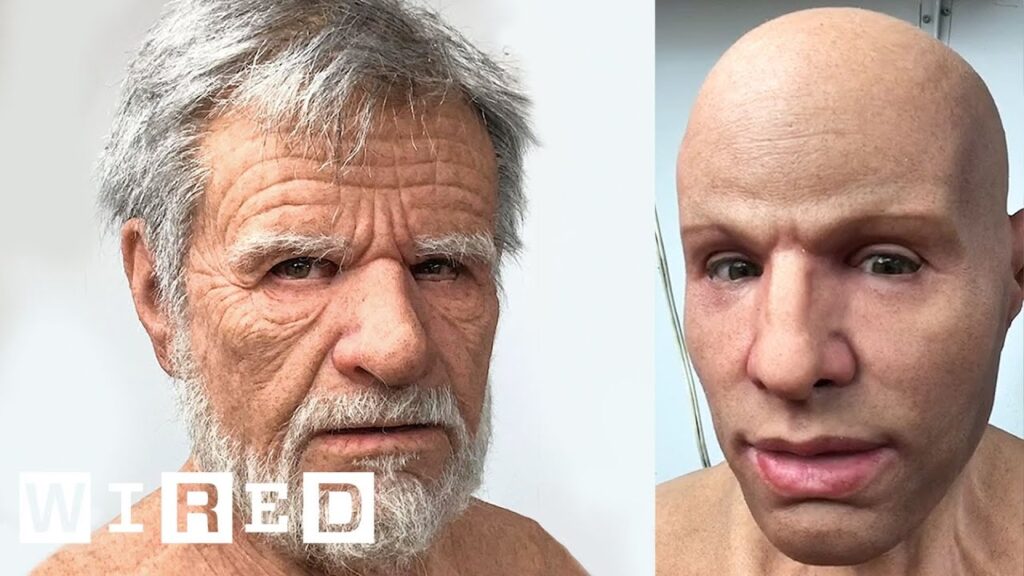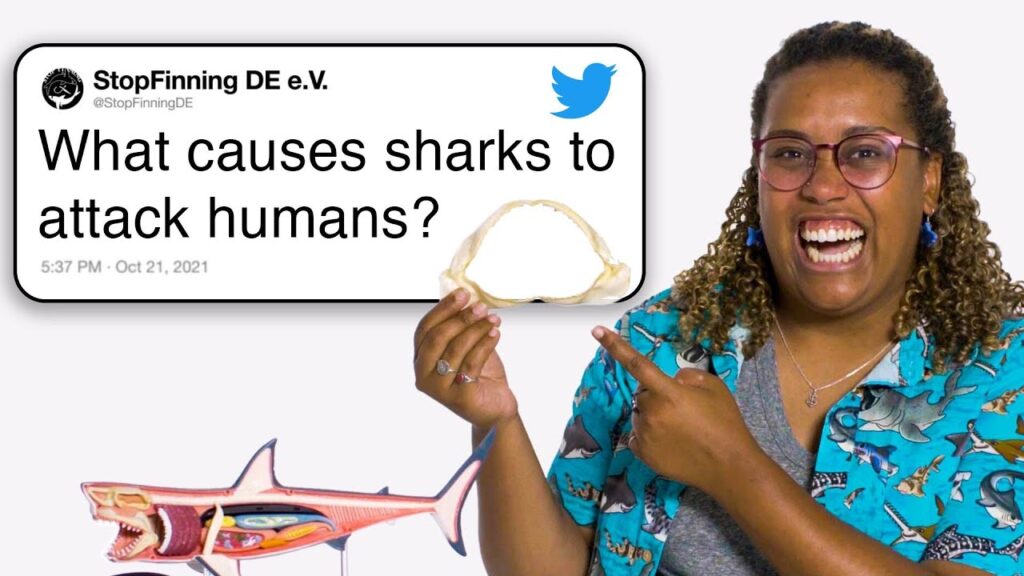The Ins and Outs of the Mortician Profession: A Professional’s Guide to the Funeral Industry
Summary
In this Q&A session, we speak with a licensed funeral director on various aspects of mortuary work, from preparing and bathing the deceased to the emotional toll of the job. They dispel myths surrounding the funeral industry, including the removal of organs and the growth of hair and fingernails after death, while also discussing the impact of COVID-19 on the process. The mortician offers valuable insights into a profession that is often misunderstood by many.
Table of Contents
- What exactly does being a mortician entail?
- Why do dead bodies need to be bathed?
- Is it true that morticians can put facial expressions on the deceased?
- What is embalming and why is it important for families to gather?
- What happens to bodies that will be buried at sea?
- How does COVID-19 affect the mortuary process?
- Conclusion
Introduction
Death is a subject that is often difficult for most people to talk about, let alone deal with. However, it is a natural part of life, and as such, it requires the skills of trained professionals to manage it in the most respectful and effective way possible. One such profession is mortuary work, which deals with the preparation and care of the deceased. In this Q&A session, we speak with a licensed funeral director on various aspects of mortuary work, from preparing and bathing the deceased to the emotional toll of the job.
What exactly does being a mortician entail?
Being a mortician, also known as a funeral director, involves a range of responsibilities that revolve around the proper care and management of the deceased. This can include anything from preparing the body for burial, taking care of legal documentation, arranging funeral services, and comforting the bereaved. It is a profession that has evolved significantly over the years, with most morticians nowadays being first-generation funeral directors, unlike in the past when it was often a family business.
Why do dead bodies need to be bathed?
Bathing the deceased is an essential part of mortuary work as it helps maintain their appearance and cleanliness. Most bodies are washed with soap and water, and in some cases, special solutions are used to disinfect the skin and hair. This also helps reduce body odor and prevent the spread of infection.
Is it true that morticians can put facial expressions on the deceased?
Contrary to popular belief, morticians cannot manipulate the facial expressions of the deceased. Typically, the muscles in the face are the first to deteriorate after death, making it difficult to recreate a natural expression. However, morticians will often use simple techniques, such as closing the eyes and mouth, to create a peaceful and dignified appearance.
What is embalming and why is it important for families to gather?
Embalming is a process that involves the use of chemicals to preserve and disinfect the body. It is commonly done for cosmetic reasons and to delay decomposition, allowing for families to gather and say their final goodbyes. While it is not necessary for every funeral, it is often required if there will be a viewing or if the deceased will be transported across state lines.
What happens to bodies that will be buried at sea?
Bodies that will be buried at sea require a unique set of preparations. The deceased must be placed in a special weighted bag and sewn shut with durable thread. The bag must also be stamped with the necessary identifying information before being released into the ocean. Funeral directors must adhere to strict regulations and submit relevant paperwork to the appropriate authorities before holding a burial at sea.
How does COVID-19 affect the mortuary process?
The COVID-19 pandemic has brought unique challenges to the mortuary industry. Funeral directors must take extra precautions when handling infected bodies, such as wearing personal protective equipment and following strict disinfection protocols. Some may choose to limit or even prohibit public funeral services to prevent the spread of the virus. While it has certainly been a trying time for those in the profession, funeral directors continue to offer essential services to families during times of great need.
Conclusion
The mortuary profession is an often misunderstood industry that plays a vital role in our society. Funeral directors offer critical services that help families navigate the difficult process of dealing with death. While it can be emotionally challenging work, it can also be rewarding to provide a sense of closure and comfort to those who have lost loved ones. We hope this Q&A session has helped shed light on the important work of morticians and the funeral industry as a whole.







